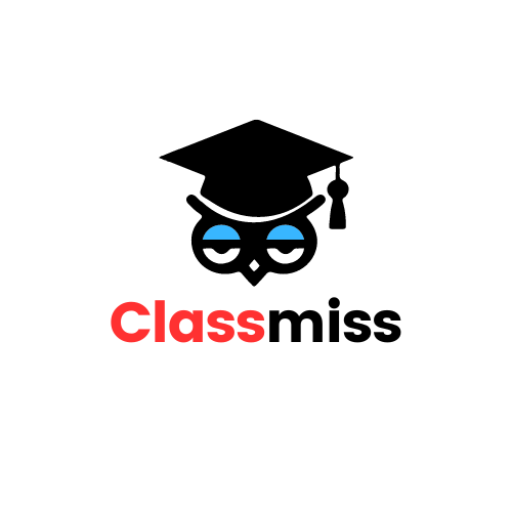Essay on uses and abuses of Facebook
Facebook, one of the world’s most prominent social media platforms, has transformed the way people communicate, share information, and build communities. Since its inception, it has had a profound impact on society, offering numerous benefits while also presenting various challenges. This essay explores the uses and abuses of Facebook, shedding light on the positive aspects of the platform and the negative implications that arise from its misuse.
Uses of Facebook
- Communication and Connectivity: Facebook has made it easier for people to connect with friends and family, regardless of geographical location. Its messaging and video chat features allow users to maintain relationships and stay in touch with loved ones. This connectivity fosters a sense of community and belonging, which can be especially valuable for those living far from their families or in different countries.
- Information Sharing and Education: Facebook serves as a platform for sharing information, ideas, and knowledge. Users can follow news organizations, educational pages, and interest groups to stay informed on a variety of topics. This can be particularly useful for academic and professional development, as users can access resources and engage in discussions that expand their understanding.
- Community Building and Social Movements: Facebook has played a significant role in uniting people with common interests or goals. It has been instrumental in organizing social movements, such as #MeToo and Black Lives Matter, enabling individuals to share their stories and advocate for change. The platform allows users to create groups and events, promoting community involvement and activism.
- Business and Marketing Opportunities: For businesses, Facebook provides a powerful marketing tool. Companies can create pages to promote their products and services, engage with customers, and run targeted advertising campaigns. This has opened new avenues for entrepreneurs and small businesses, allowing them to reach a global audience and grow their brand.
- Entertainment and Recreation: Facebook offers a wide range of entertainment options, from games and videos to interactive quizzes and events. Users can join groups centered on their hobbies and interests, enabling them to discover new activities and connect with like-minded individuals. This recreational aspect contributes to Facebook’s appeal and keeps users engaged.
Abuses of Facebook
- Privacy Concerns and Data Security: Facebook has faced criticism for its handling of user data and privacy issues. The platform collects extensive information about its users, which can be misused for targeted advertising or even malicious purposes. High-profile incidents, such as the Cambridge Analytica scandal, have raised concerns about data security and the potential for misuse of personal information.
- Misinformation and Fake News: Facebook has become a breeding ground for misinformation and fake news. The platform’s algorithm-driven news feed can amplify sensationalist or misleading content, leading to the spread of false information. This has serious consequences, as it can influence public opinion, affect elections, and contribute to the erosion of trust in reputable sources.
- Cyberbullying and Harassment: The anonymity and ease of communication on Facebook can lead to cyberbullying and harassment. Users may experience online abuse, threats, or hate speech, which can have severe psychological effects. Facebook has implemented measures to combat this behavior, but it remains a significant issue.
- Addiction and Reduced Productivity: Facebook’s design encourages prolonged usage, with notifications and engaging content that can lead to addiction. This can result in reduced productivity, as users spend excessive time on the platform at the expense of other responsibilities. Social media addiction can also impact mental health and lead to feelings of isolation.
- Manipulation and Polarization: Facebook’s algorithmic content delivery can create echo chambers, where users are exposed only to information that aligns with their beliefs. This can lead to polarization and the reinforcement of biases, reducing the chances of constructive dialogue and understanding between differing perspectives.
Conclusion
Facebook offers a diverse range of uses, from facilitating communication and education to supporting business growth and social movements. However, its potential for abuse raises concerns about privacy, misinformation, and cyberbullying. Addressing these challenges requires a collaborative effort from users, regulators, and the platform itself to ensure a safe and responsible online environment. Ultimately, the key lies in finding a balance between harnessing the benefits of Facebook and mitigating its risks.

